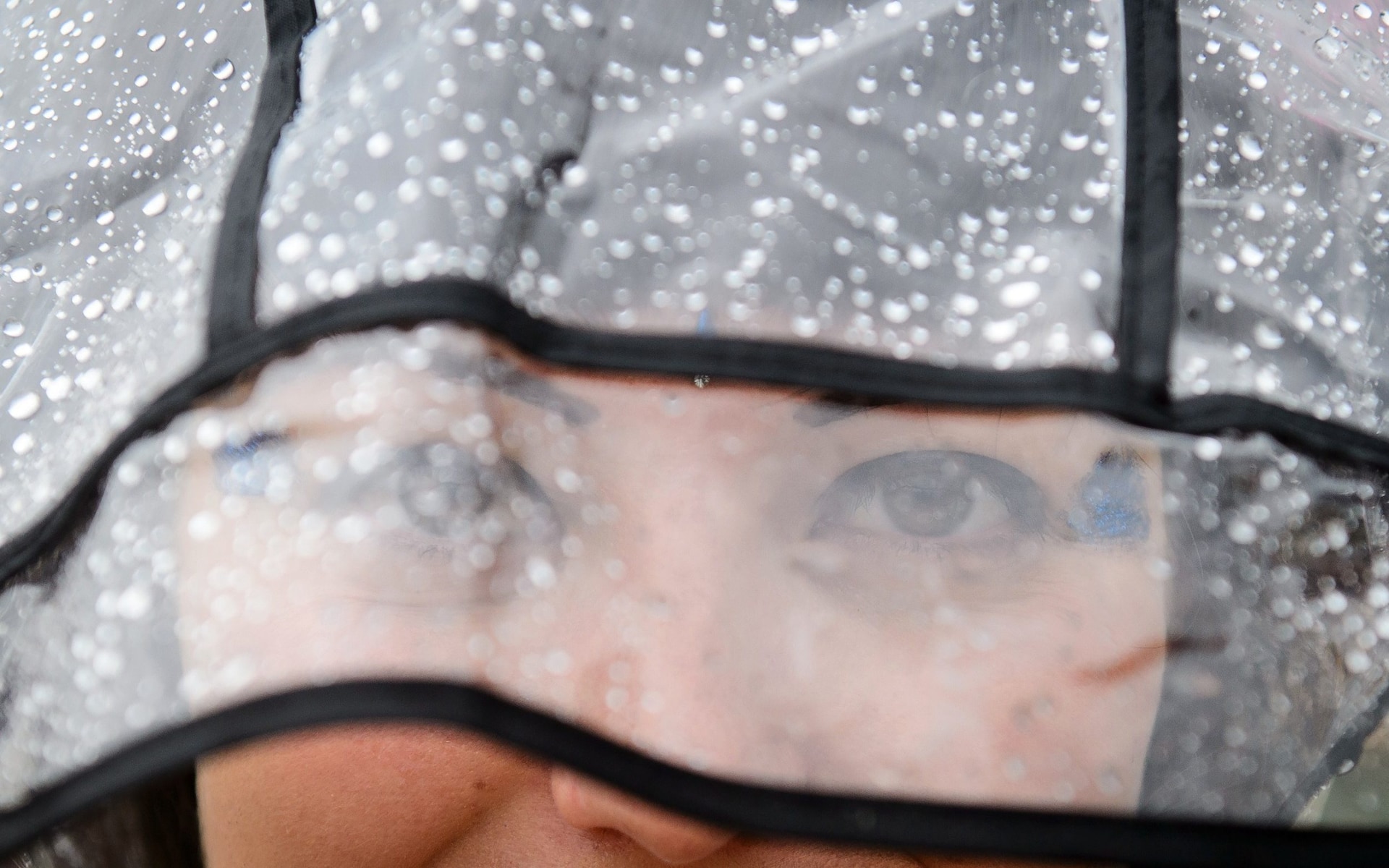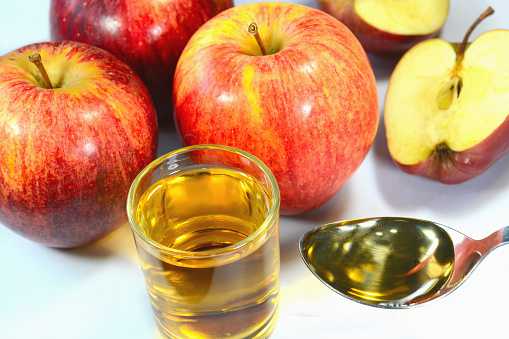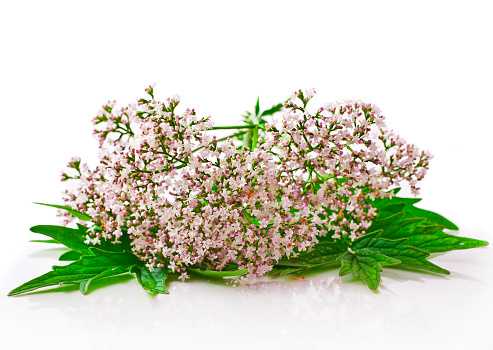
HOW DOES HIGH TEMPERATURE AFFECT SKIN INFECTIONS, ALLERGIES, AND INFLAMMATION? A REVIEW BY DOCTORS
Expert opinion from Dr. Anuvitha Kamath
MBBS · 3 years of experience · India
High temperature leads to excess sweating and can aggravate skin allergies, irritation, and inflammation. It leads to heat rashes. Skin irritation or heat rash is a group of tiny blisters formed on the skin due to excess heat and sweating. Some of the remedies to cope with skin irritation are keeping the body cool and dry by taking a cool shower, using fans and air conditioners, application of calamine lotion for a soothing effect from friction, wearing cotton clothing, wearing loose-fitting clothing to avoid friction, drinking excess fluids to avoid dehydration, and taking anti-itch medicines in cases of severe irritation.
Expert opinion from Dr. Alan Thomas Charly
MBBS · 1 years of experience · India
Heat can aggravate skin infections, allergies, and inflammation. Heat and humidity provide an environment where bacteria, fungi, and other pathogens can grow, raising the risk of skin diseases. Sweating in hot temperatures can also cause skin irritation, particularly in allergy sufferers. Increased perspiration and heat exposure can aggravate inflammatory skin disorders such as eczema and psoriasis. To reduce these effects, maintain good personal cleanliness, keep the skin dry, and use appropriate skincare products, such as sunscreen and moisturisers, to protect against UV radiation and maintain skin health in hot weather.
→ See more questions and expert answers related to Impact Of High Temperature On Skin.
Expert opinion from Dr. Himabindu Sreenivasulu
MBBS · 1 years of experience · India
High temperatures can exacerbate skin infections, allergies, and inflammation. Heat and humidity can create favorable conditions for the growth of bacteria and fungi, leading to skin infections like athlete's foot or fungal rashes. Additionally, sweat can irritate the skin, aggravating conditions like eczema and causing flare-ups of allergic reactions. Inflammation can increase in response to heat and sun exposure, potentially worsening conditions like psoriasis. To mitigate these effects, maintain good hygiene, use sunscreen, wear breathable clothing, and consult a healthcare professional for appropriate treatments if needed.
| What are people curious about? | |
|---|---|
| Cancer treatment immunotherapy | Shingles |
| Main symptoms of respiratory syncytial virus in adults | Psoriasis medication |
Disclaimer: This is for information purpose only, and should not be considered as a substitute for medical expertise. These are opinions from an external panel of individual doctors or nutritionists and not to be considered as opinion of Microsoft. Please seek professional help regarding any health conditions or concerns. Medical advice varies across region. Advice from professionals outside your region should be used at your own discretion. Or you should contact a local health professional. Learn More.
2024-06-15T01:50:32Z dg43tfdfdgfd











